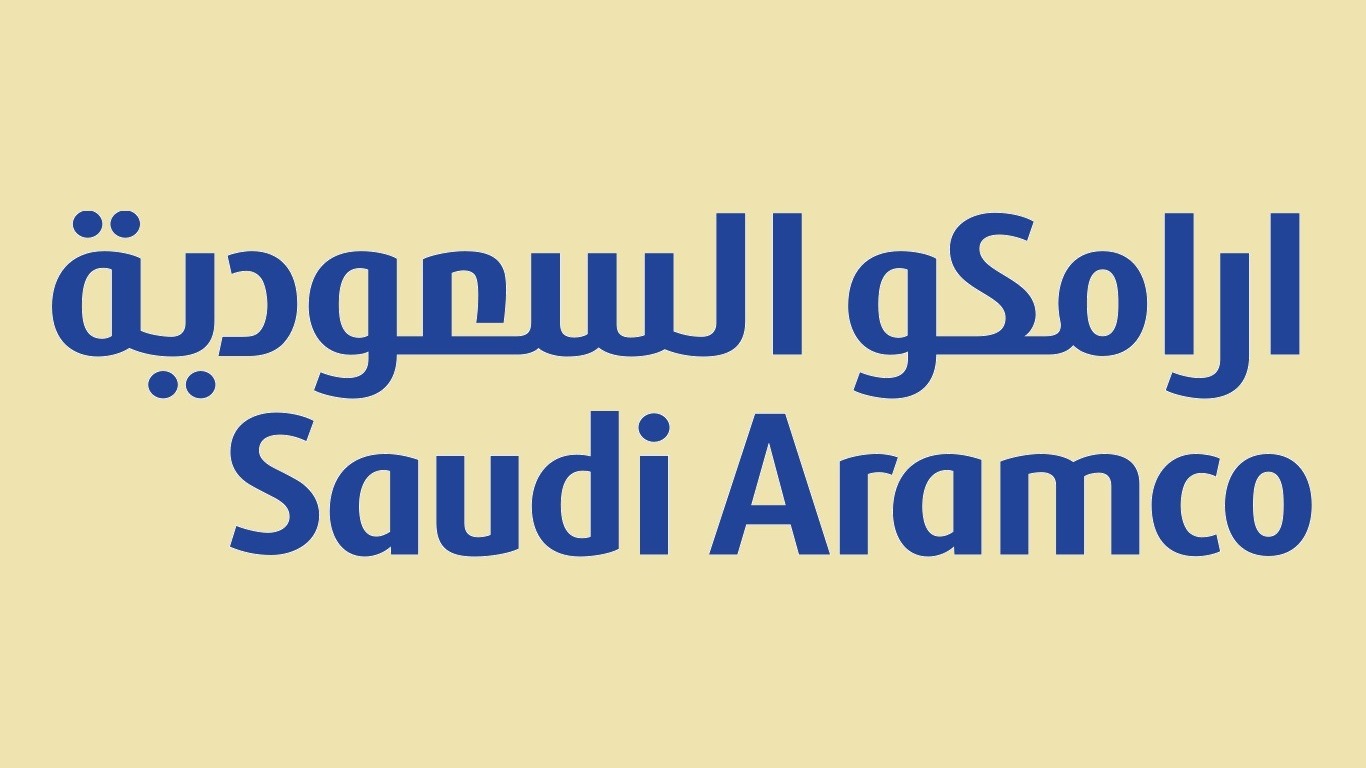
The seemingly star-crossed initial public offering (IPO) of 1.5% of Saudi Arabia’s state-owned oil company, Saudi Aramco, finally hits the tape on Wednesday. First scheduled to happen by the end of 2017 at a valuation of some $2 trillion, the final numbers have been a slight disappointment. Aramco’s 300 million publicly traded shares will open at 32 riyals ($8.53), the top of a very narrow expected range of 30 to 32 riyals.
Aramco’s 1.5% float totals 300 million of the 200 billion shares outstanding and values the entire company at around $1.7 trillion. Only two other publicly traded companies had a market cap greater than $1 trillion at the close of trading last week: Apple, with $1.2 trillion, and Microsoft, with $1.16 trillion. Amazon is knocking on the door with a market cap of $924 billion.
Apple has 4.52 billion shares outstanding and a float of 4.19 billion, while Microsoft’s total number of outstanding shares is 7.7 billion and the float is 7.52 billion shares. Nearly 93% of Apple’s outstanding shares are traded, as are about 98% of Microsoft’s. Aramco’s 1.5% float might accurately be described as de minimis except that the IPO capital raise totals $26.6 billion, hardly a trivial amount.
The Aramco IPO was more than four times oversubscribed, with orders totaling $119 billion. That should guarantee that the stock’s first trading day will end up with a gain.
Saudi Crown Prince Muhammed bin Sultan had invested a lot, both figuratively and tangibly, in the Aramco IPO. In the first place, the original 2017 plan not only pegged Aramco’s valuation at $2 trillion, the company was also expected to sell 5% of its shares to raise $100 billion. And even though $25.6 billion makes the IPO the largest ever, it’s not what the Crown Prince had hoped for.
He also was forced to keep the IPO to just the Saudi Tadawul exchange after an international appetite for the offering dimmed last month.
Aramco has guaranteed that it will pay at least $75 billion in dividends annually through 2024. IPO investors who hold on to their shares for at least 180 days will be eligible to receive one additional share for each 10 the hold, up to a maximum of 100 additional shares per holder. The nation’s banks were allowed to double their usual credit limit for stock purchases to investors who wanted to buy in at the IPO.
Bloomberg noted that a majority of money managers (22 of 24 polled) believe that funds tied to the Saudi government also will help prop up the shares.
Because Aramco is so huge, the stock is expected to be added to many emerging market funds. MSCI has said Aramco shares will be included in its emerging market equity index by December 17, if it occurs no later than December 12. That alone could add about $2.4 billion to flows in the stock, according to a Bloomberg source.
One thing the Crown Prince and Aramco cannot guarantee is the global price of crude, although they’ve done all they can to raise the floor. At last week’s OPEC ministers’ meeting in Vienna, the producers’ group known as OPEC+ agreed to cut an additional 500,000 barrels from their daily production, reducing the global crude supply by 1.7 million barrels a day from their level in October 2018. The Saudis, surely at the Crown Prince’s order, announced that the country would further reduce production on its own by another 400,000 barrels a day. The additional cuts are in force until the end of March 2020.
Ultimately Aramco will need to trade on at least one bigger exchange. That shouldn’t be a problem, though. Both Facebook and Google/Alphabet are effectively controlled by their founder-princes. There’s no reason that Aramco can’t follow that model.
Thank you for reading! Have some feedback for us?
Contact the 24/7 Wall St. editorial team.




